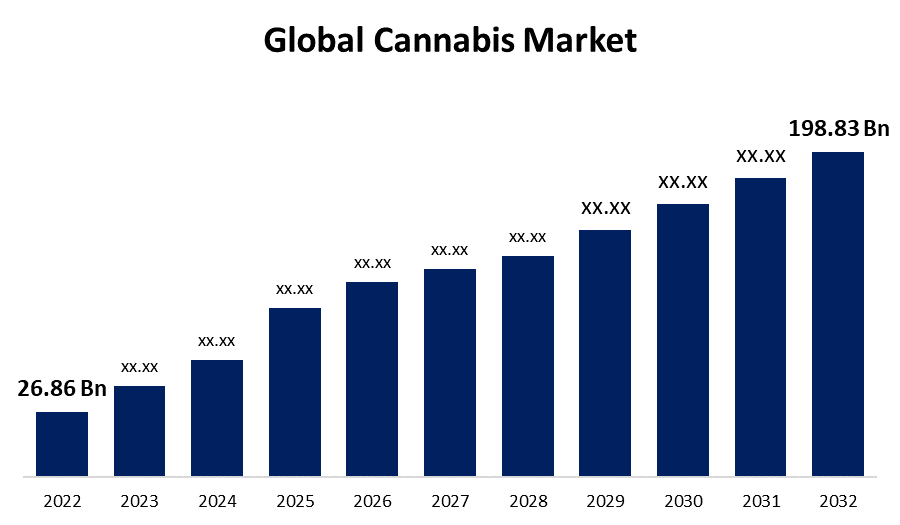Analysis: A Tale of Two Markets: U.S. Cannabis at a Crossroads as Global Momentum Builds — and Backtracks
LOS ANGELES-The U.S. cannabis industry stands divided. Some state markets are opening and expanding, while others are contracting under the weight of high taxes, regulatory friction, and unrelenting illicit competition. But across all markets, uncertainty is rising — and it’s not just an American story anymore.
Globally, cannabis policy is advancing in some countries and retreating in others. Germany is emerging as a model of structured progress. Thailand is backpedaling after a rapid, unregulated expansion. Meanwhile, U.S. operators find themselves caught between a fragmented domestic system and a fast-shifting international landscape — with hemp-derived cannabinoids, once a promising lifeline, now under serious threat.
The result: an industry on edge, a market full of potential, and a future increasingly shaped by policy clarity — or the lack of it.
Two U.S. Markets, One National Problem
In 2024, U.S. legal cannabis sales reached $30.1 billion — a 4.5% increase — yet the industry lost 15,000 jobs. That contradiction underscores the bifurcation between emerging and mature markets.
Emerging markets like New York, Maryland, and Ohio are growing fast. New York issued over 740 licenses in 2024 alone, resulting in a 209% jump in cannabis employment. Capital is flowing. Equity programs, while imperfect, are taking root. The energy feels forward-looking.
Mature markets, by contrast, are under pressure. California, Oregon, and Colorado face price compression, oversupply, heavy taxation, and a persistent illicit market. California lost nearly 4,000 legal cannabis jobs last year. Oregon’s wholesale prices have collapsed. Washington’s retailers report vanishing margins.
“In Oregon, we have so many licenses and so much oversupply that people just aren’t making it anymore,” said economist Beau Whitney. “When you’re struggling to survive, it’s tough to add workers.”
Germany Steps In as a Global Leader
Canada, once the global leader in cannabis reform, is now experiencing market saturation and slowing growth. Many licensed producers have shifted focus to international exports and pharmaceutical channels as domestic retail plateaus. While Canada still offers a model for national legalization, its challenges underscore the limits of early-mover advantage without continuous regulatory adaptation.
While U.S. cannabis markets stall or fracture, Germany is charging ahead. In early 2024, the country launched Europe’s largest federally regulated medical cannabis program, combined with adult-use decriminalization and regional pilot projects for cannabis social clubs.
The impact has been swift: patient registrations are climbing, new distribution channels are forming, and global investment is following suit. Germany is proving that national reform — when done methodically — can unlock both public health benefits and economic value.
Other European nations, including the Czech Republic, Switzerland, and parts of the U.K., are closely watching. In contrast to America’s piecemeal approach, Germany offers a vision of what coordinated federal cannabis policy can look like.
Thailand: Two Steps Back, One Step Forward
Not all global cannabis news is positive. Thailand, once the poster child for Asian cannabis reform, is now retreating after a chaotic and unregulated rollout.
In 2022, Thailand became the first country in Asia to decriminalize cannabis. Dispensaries exploded across the country, cultivation surged, and an entire gray-market industry emerged overnight. But without a formal adult-use framework or guardrails, the backlash came quickly.
By 2024, Thailand’s new government pledged to re-criminalize recreational use. Then, in 2025, it introduced a partial course correction — opting for tightened medical regulation rather than a full ban. The revised policy includes:
-
Restricting cannabis to medical use
-
Capping THC levels
-
Licensing dispensaries and cultivators
-
Limiting advertising and public use
Thailand’s pivot illustrates how legalization without regulation invites instability. And once cannabis becomes a major economic force, governments find it difficult to unwind entirely.

Hemp: The Lifeline Under Siege
As traditional cannabis markets strain under costs and delays, hemp-derived cannabinoids have exploded — especially in markets with slow cannabis licensing. Delta-9 and Delta-8 THC products have found retail space in gas stations, wellness stores, and ecommerce channels nationwide.
But the hemp industry’s momentum is facing serious political headwinds.
In June 2025, Texas Governor Greg Abbott vetoed Senate Bill 3, which would have banned nearly all consumable hemp THC products. While many in the industry celebrated the move as a victory, the details tell a more complex story.
Abbott is not a hemp supporter. His veto was based on:
-
Legal vulnerability: The bill could face constitutional challenges under the 2018 Farm Bill
-
Public safety gaps: Enforcement delays would leave unregulated products unchecked
-
Economic impact: A full ban would destroy over 50,000 jobs and a $4B industry
Abbott called for a strict regulatory regime, modeled after alcohol, and overseen by the Texas Alcoholic Beverage Commission. That approach — with age restrictions, dosage caps, licensing, and local control — could fundamentally reshape the hemp market, and potentially drive much of it underground.
More troubling is what’s happening at the federal level.
Buried in the Agriculture-FDA appropriations bill now in Congress is language that would:
-
Redefine “hemp” to include total THC (not just Delta-9)
-
Ban any product with quantifiable THC or related cannabinoids — including many CBD and wellness items
If passed in its current form, it could eliminate the entire consumable hemp market nationwide. The bill still faces multiple stages of negotiation, but its introduction signals just how precarious hemp’s legal standing really is.
What Comes Next?
The global cannabis industry is in flux. The U.S. continues to lag behind due to federal inaction and conflicting state policies. Germany is setting the pace for responsible reform. Thailand is learning the hard way what happens when legalization outruns regulation. And hemp — once seen as a workaround — is increasingly under siege.
For cannabis operators, investors, and advocates, the message is clear:
-
Push for tax reform and regulatory streamlining in mature U.S. markets
-
Build resilient, multi-channel strategies that include but do not rely on hemp
-
Pay attention to international trends, especially where federal frameworks enable clarity
-
Engage in policy — because the next two years will define the next two decades
This isn’t just a tale of two markets anymore. It’s a test of strategy, adaptability, and who’s ready to lead in a global industry that’s finally becoming mainstream — if it’s not regulated out of existence first.



































